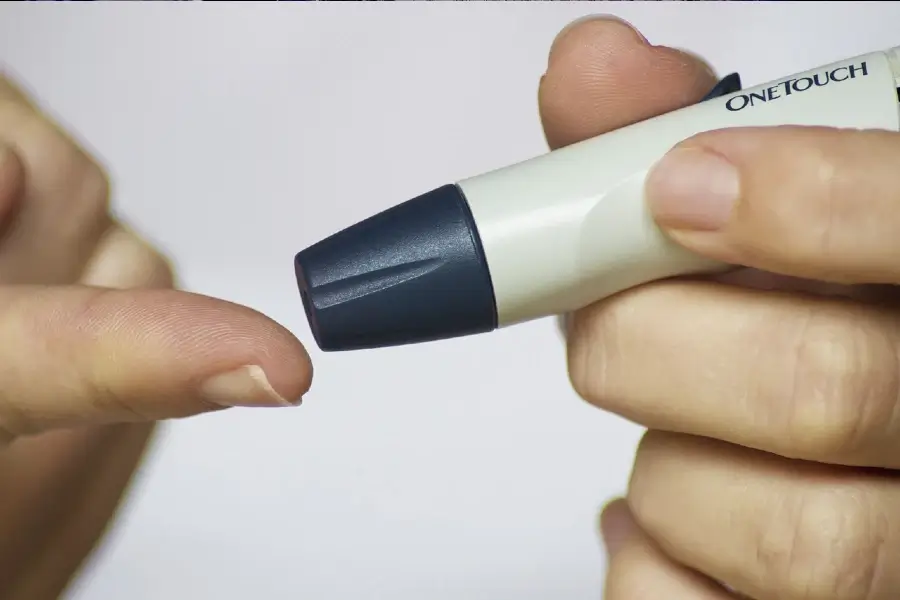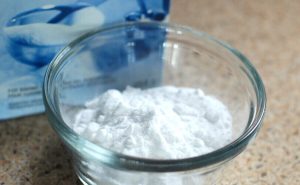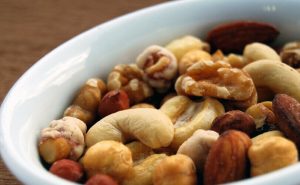The Efficacy of Psyllium as a Treatment for Diabetes
Psyllium, a soluble fiber, has demonstrated the ability to reduce blood sugar levels and improve insulin sensitivity in individuals with diabetes. This assertion has been substantiated via rigorous clinical testing. This outcome is attained through the inhibition of carbohydrate digestion and the reduction of sugar absorption from the circulatory system.
Diabetes represents a prevalent health issue encountered by individuals in contemporary society. This prevalent ailment afflicts a substantial number of individuals globally and is exhibiting a concerning trend of increasing prevalence.
Diabetics must maintain an optimal blood glucose level
Diabetes is characterized by hyperglycemia or elevated blood glucose levels, which can give rise to a variety of health complications, including cardiovascular disease, renal impairment, and neuropathy. Diabetes is also associated with the occurrence of peripheral neuropathy, which refers to nerve damage. Therefore, individuals with diabetes must maintain an optimal blood glucose level.
Psyllium, a form of soluble fiber, is derived from the ground seeds of the Plantago ovata plant. This particular substance is commonly employed as a laxative and can be found in various fiber supplements. In contrast, psyllium may potentially provide certain advantageous benefits for the health of individuals with diabetes. Research findings have indicated that psyllium has the potential to aid those diagnosed with type 2 diabetes in effectively lowering their blood glucose levels.
Decrease in the blood glucose levels
In the study, individuals diagnosed with type 2 diabetes were administered a dosage of 10 grams of psyllium twice daily over 12 weeks as a component of their therapeutic regimen. The results indicated a significant decrease in the blood glucose levels of the individuals.
Psyllium has demonstrated potential efficacy as a supplementary intervention for individuals diagnosed with type 2 diabetes who encounter challenges in maintaining optimal glycemic control. This is shown by the results reported in the following section.
Effective in reducing blood sugar levels
The results of another research study indicate that psyllium is as effective in reducing blood sugar levels as metformin, a commonly prescribed medication for diabetes. Considering the association between metformin and gastrointestinal discomfort such as stomach upset and diarrhea, this finding is promising.
In contrast, psyllium is commonly associated with a high level of tolerability and a restricted range of negative consequences.
In addition to its blood sugar-lowering properties, psyllium may offer supplementary health advantages for diabetes patients. For example, it has been seen that the consumption of [specific dietary intervention] can contribute to reducing cholesterol levels.
Psyllium exhibits significant promise
This is particularly significant for individuals with diabetes since they are more susceptible to the development of cardiovascular disease. Psyllium may enhance insulin sensitivity, hence contributing to maintaining optimal blood glucose levels.
Psyllium exhibits significant promise as a nutritional adjunct for those with diabetes. The option under consideration is appealing due to its cost-effectiveness and lower incidence of adverse effects, particularly when compared to conventional pharmaceutical interventions for diabetes.
It is advisable to consult one’s primary care practitioner before consuming any novel dietary supplement, such as psyllium.
Pronounced beneficial effect on the cardiovascular well-being
Consulting with a medical professional is recommended to determine the potential efficacy of psyllium and to ascertain the suitable dosage for consumption.
Psyllium may also contribute to the reduction of cholesterol and triglyceride levels, hence potentially exerting a more pronounced beneficial effect on the cardiovascular well-being of those with diabetes.
The utilization of psyllium is generally considered safe for the majority of individuals. However, it is essential to note that there is a potential for adverse effects, including flatulence, diarrhea, and gas.
Psyllium, to enhance diabetes management
For optimal consumption of psyllium, it is advisable to initiate with a conservative dosage and progressively increase it until reaching the suggested quantity. Due to psyllium’s capacity to extract water from the stool, it is imperative to provide a substantial intake of fluids while administering it.
It is advisable to consult with one’s primary care physician before initiating any novel pharmaceutical regimen, such as psyllium, to enhance diabetes management. The healthcare professionals will guide the process of determining the appropriate dosage for your specific needs and conduct a thorough assessment to ensure the safety of psyllium usage in your case.
The subsequent recommendations pertain to the suitable dosage of psyllium.
Inquiries or apprehensions regarding the use of psyllium
Commence the treatment regimen with an initial dosage of 5 grams per day and subsequently increase the dosage incrementally to 10-20 grams per day, contingent upon the individual’s physiological response to the pharmaceutical intervention. It is advisable to ingest psyllium powder promptly after its mixture with water or any other beverage. To mitigate unwanted symptoms such as gas and bloating, it is recommended to consume psyllium alongside a meal.
It is advisable to consume a sufficient amount of water throughout the day to mitigate the risk of dehydration. For any inquiries or apprehensions regarding the use of psyllium, it is advisable to engage in a conversation with your primary healthcare provider.













